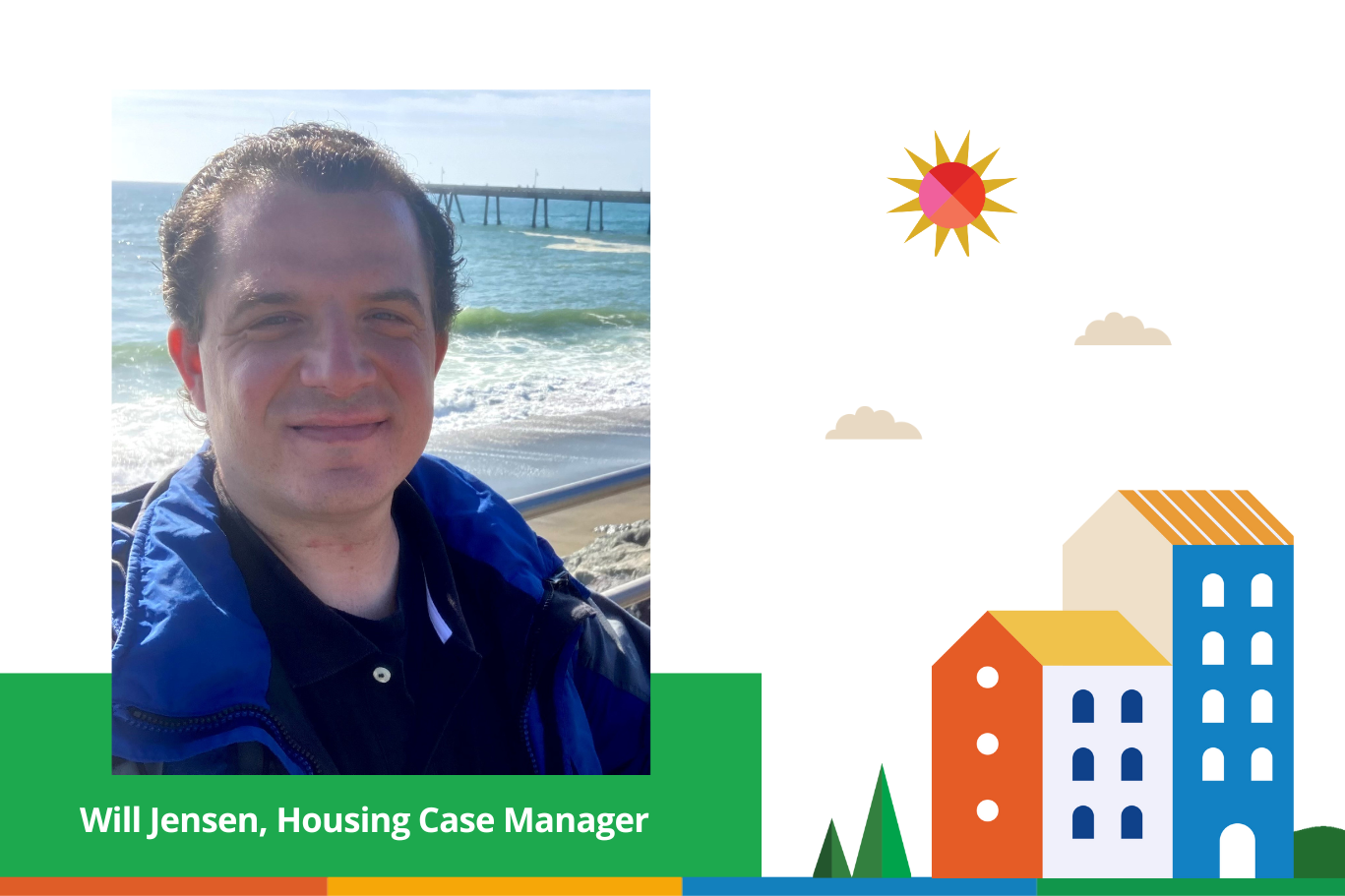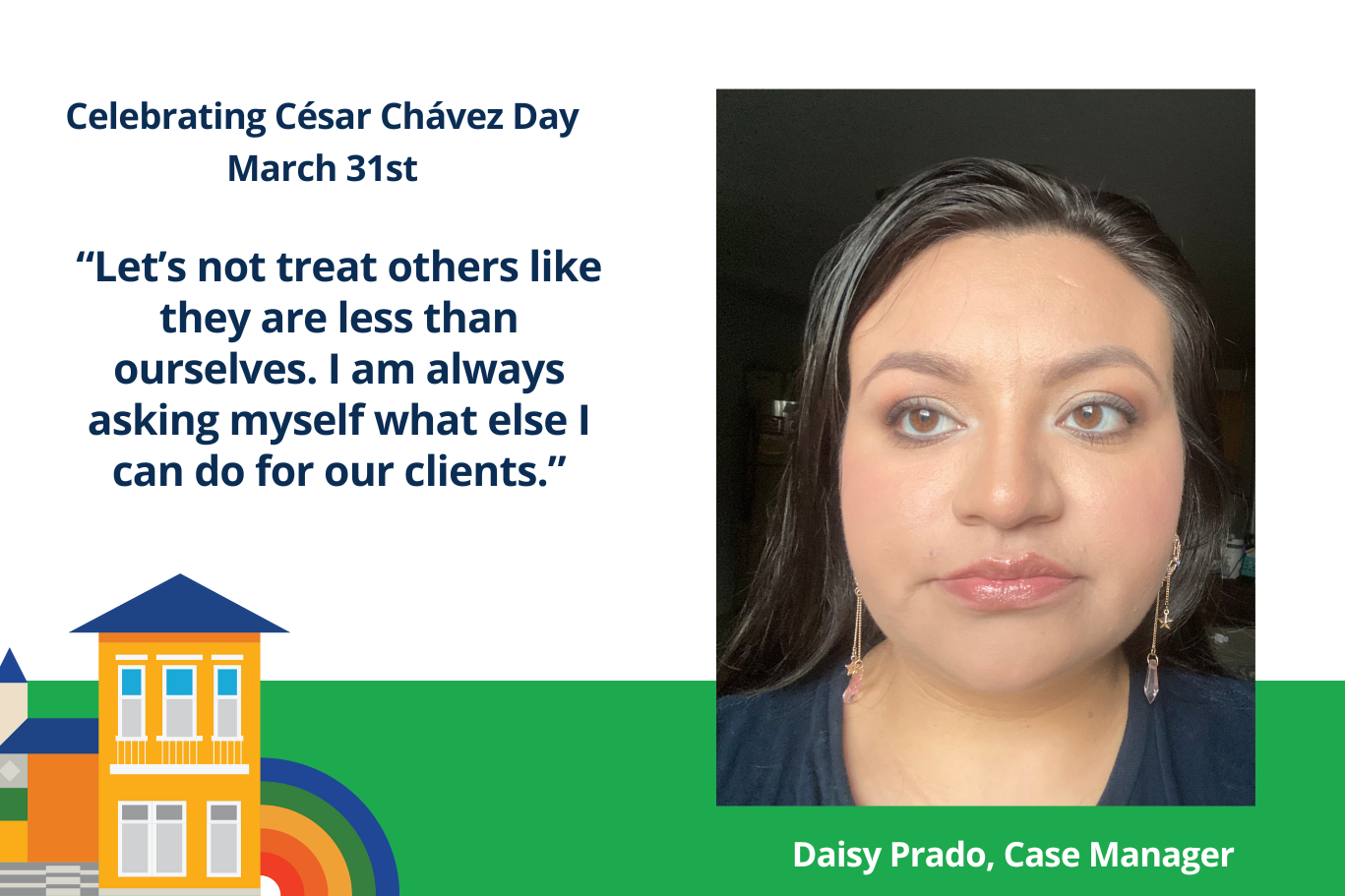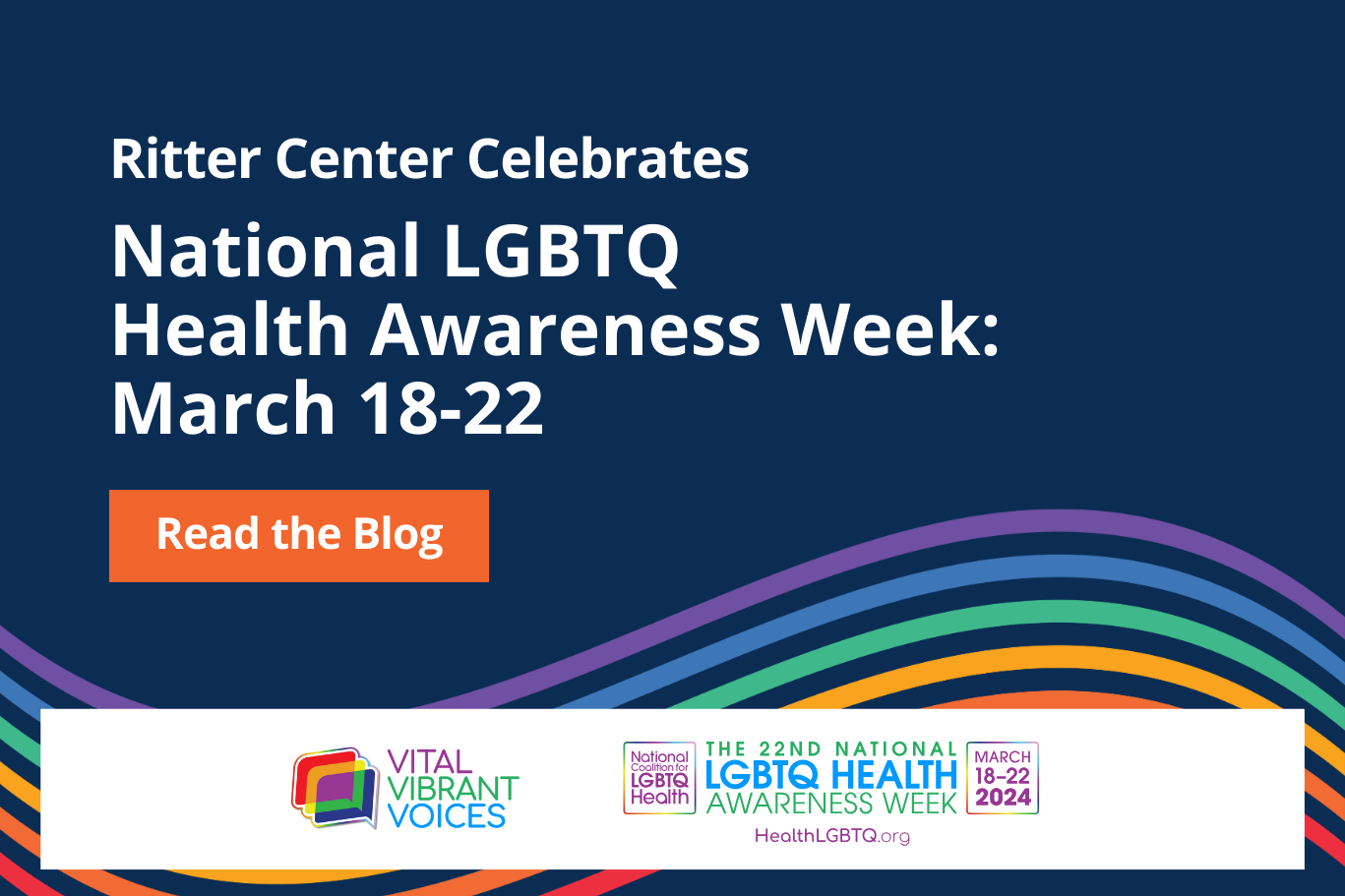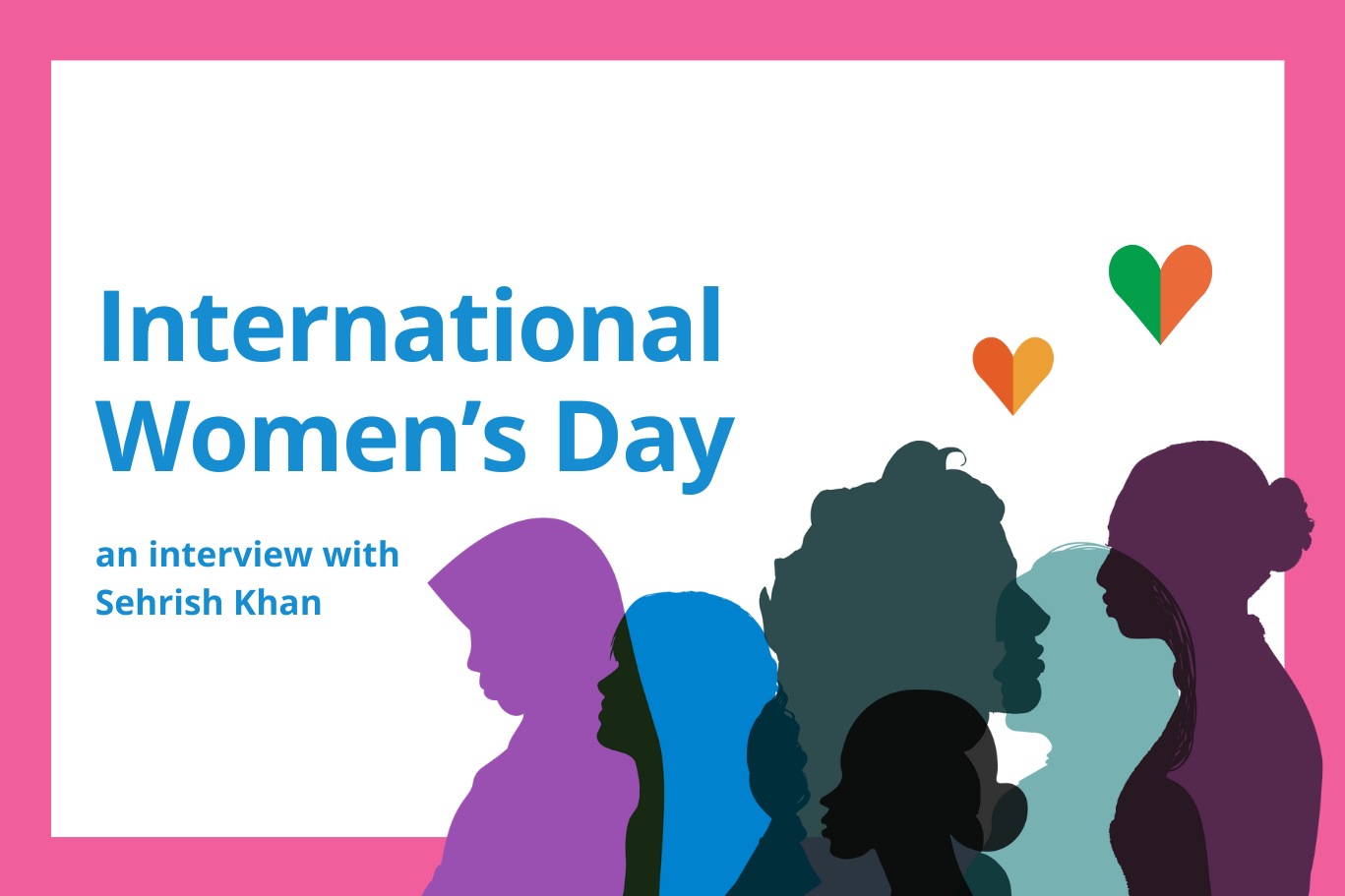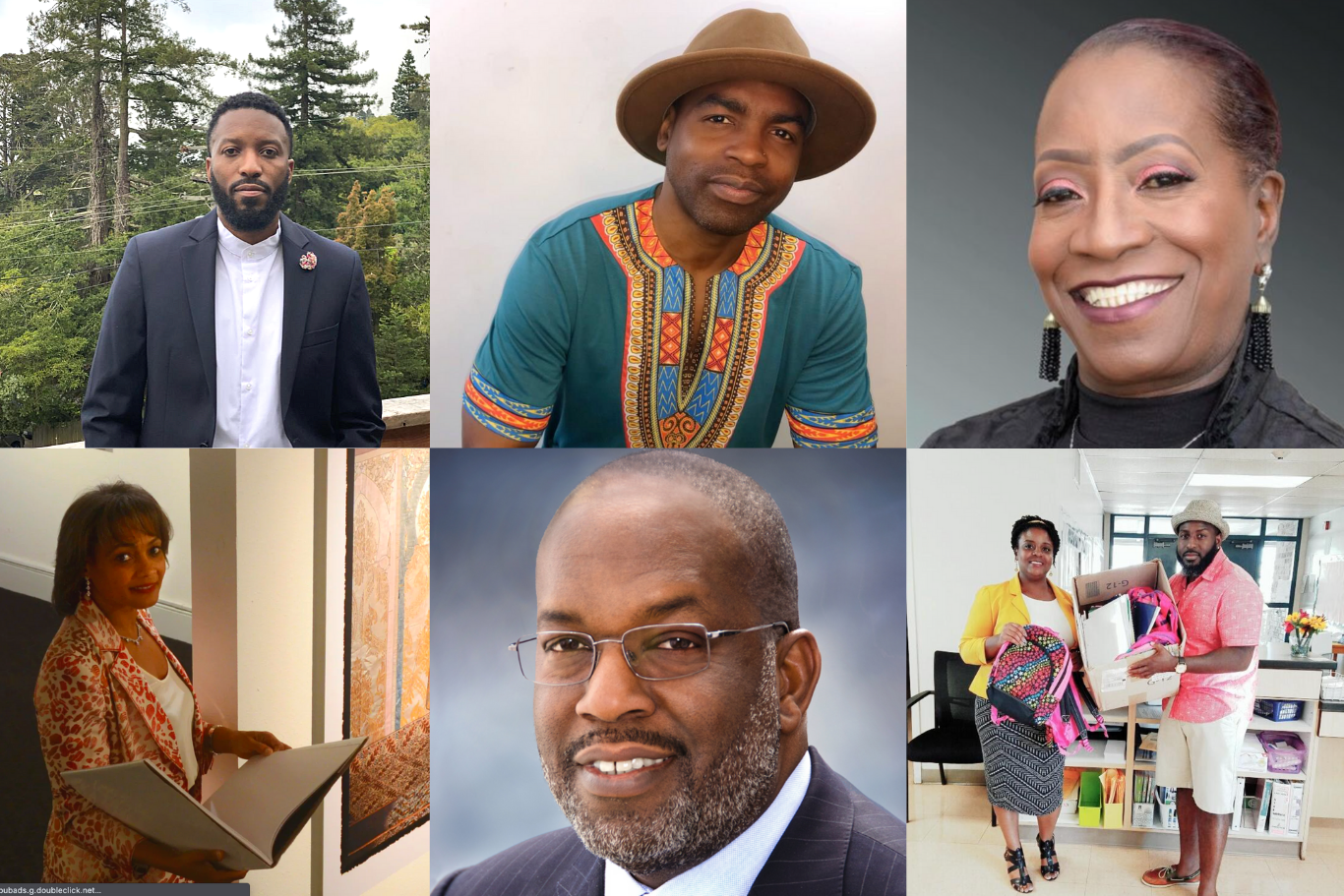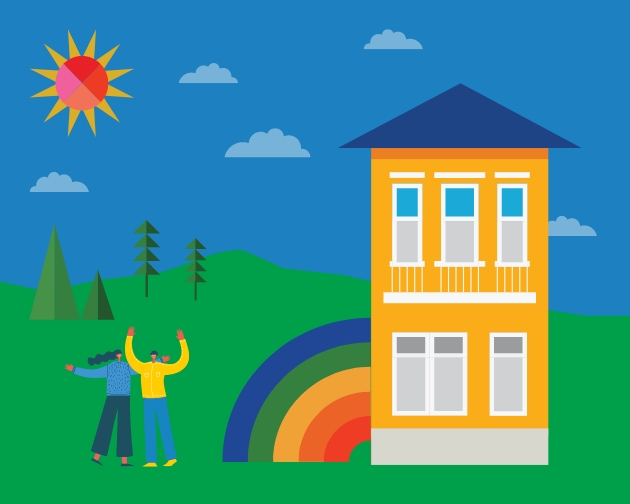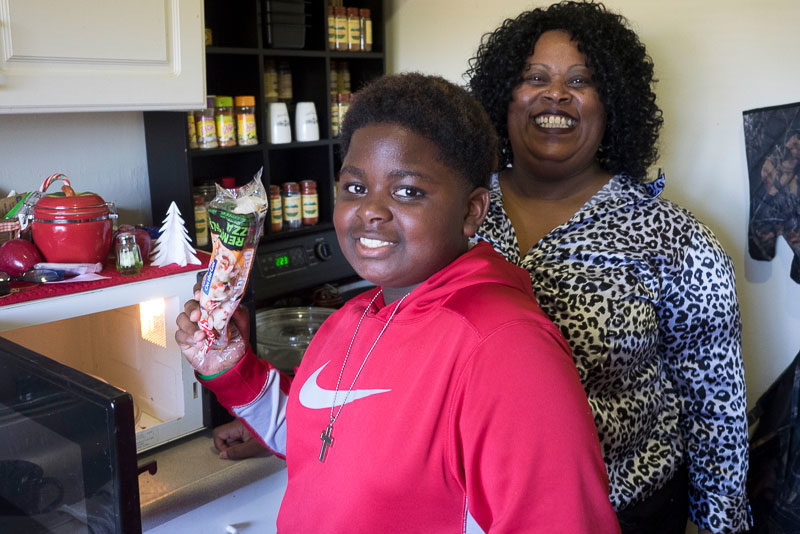
“We can provide patience for our patients. We hold hope for people,” – Michael Beyer, Whole Person Care Lead Case Manager
Michael Beyer is Ritter’s Whole Person Care Lead Case Manager. He is in charge of directing and managing a holistic approach to ending homelessness.
“When our support of an individual experiencing homelessness is fragmented in silos, we can’t be as effective as when we join together with the same mission to care for all the needs a person might have. We all need support in a lot of different areas to be stable and to live a fulfilling and meaningful life. The chronically homeless population has many complex needs and we need to address each one for them to become successful in housing,” remarked Michael.
In his role, Michael leads five different case managers. He spends his day organizing the schedule, directing the team, and interfacing with other agencies while also juggling time in the field performing direct service.
Michael and his team focus on housing individuals, primarily through section 8 with the Marin Housing Authority. There is a tremendous amount of time needed to manage the process of helping individuals apply for apartments in terms of navigating the system, requirements, and paperwork.
How do we help these people with maintaining their housing once they receive it? If an individual has been without a home for 10-15 years, the transition to housing can’t be overstated. It requires teaching and education.
What is their responsibility and role? How do you establish and maintain a good relationship with the property manager? What services do they need to stay in their housing? A caregiver? Disabled support mechanisms? Meals on Wheels? Paratransit services?
“One misconception I’d like to address is the fear that a person experiencing homelessness can be violent and unpredictable.It is far more likely that they are the victims themselves, rather than that they are going to hurt someone,” emphasized Michael.
At Ritter, we operate like a community health center.
“We work to be present and create the space for the person,” urged Michael. “We all share the same values and passions.
Everyone is connected. If you think about the chronically homeless and how they have been treated, the vast majority come from chronic persistent trauma and loss of relationships.
The threshold for trusting someone is quite different. Their trust in anyone is very low, and they often worry that someone will hurt, reject, or mistreat them. They have been let down so many times that it has become a built-in narrative.
“Our societal system rejects people. That’s where Ritter comes in. We can provide patience for our patients. We hold hope for people,” passionately describes Michael about Ritter’s approach. “We have clients who have been homeless for so many years, and the fact is that the longer you have been homeless, the longer you are likely to be homeless. But at Ritter, we remind them that there is still hope. We have resources and we can help people become housed. They still don’t believe it until they have the key and walk in. Even then, they talk about how at any moment they could lose everything again and all of the anxiety that comes with that. At Ritter, we are vessels for holding and absorbing their pain which in turn helps them heal. Their sharing of their stories and struggles is empowering.”
At Ritter, we understand that it takes time. It is a slow process. As part of their mistrust, sometimes they will continue to push us away. But we don’t give up. We bring tenacity and persistence to the table. Even if they find reasons not to meet with us, we continue to show up. We don’t give up.
We are outreach based and work with our community partners to stay connected. We truly want to make the world a better place by helping them overcome the obstacles to coming home.
A home is a sanctuary, and we all deserve a place to feel safe. Coming home. It’s a universal right.
